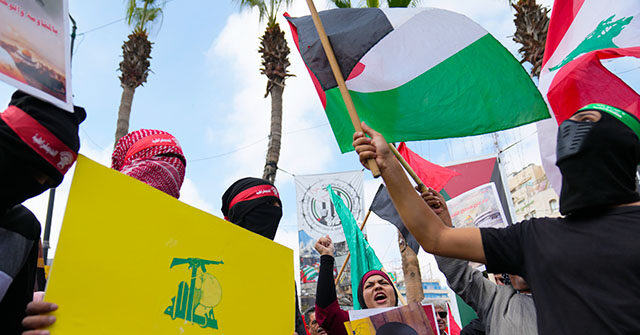On Tuesday, Israeli law enforcement disclosed that a failed suicide bombing in Tel Aviv from August was linked to a Hamas cell operating out of Turkey. The attack occurred on August 18, when a West Bank resident named Jaafar Muna self-detonated his explosive backpack in a sparsely populated area of Tel Aviv, resulting in his death and injuring one other individual. While the exact circumstances of the detonation remain unclear, officials expressed concern that a larger crowd could have faced devastating harm had the bomb detonated in a more densely populated space. The apparent target was a nearby synagogue, raising alarms about potential future extremist activities in urban centers.
Both Hamas and the Palestinian Islamic Jihad (PIJ) quickly took responsibility for the attack, vowing to undertake further acts of violence against Israel. Their statement articulated a desire to continue such attacks in response to what they termed Israel’s systemic violence against Palestinians, especially in the wake of Israel’s military operations that commenced after a deadly invasion by Hamas on October 7, 2023. This invasion resulted in substantial Israeli casualties and led to Israel declaring war on Hamas the following day. In this context, Hamas’s rhetoric described Israel’s defensive actions as acts of genocide rather than legitimate self-defense measures, illustrating the ongoing conflict’s deep-seated narratives and justifications from both sides.
In addition to designating Hamas as responsible, Israeli security services also pointed to Turkey’s governmental support for the organization. Their joint statement highlighted the worrisome establishment of a Hamas headquarters within Turkey, which serves as a base for orchestrating violence and encouraging bombings in Israel. They identified Abada Bilal as Muna’s contact in Turkey, indicating an organized structure behind the attack, and disclosed the arrests of nine additional individuals connected to the plot. Reports indicated that at least one of the arrested individuals had traveled multiple times to Turkey, receiving both financial support and training in explosives from Hamas operatives, reinforcing concerns about the transnational nature of these terrorist operations.
In conjunction with these findings, high-ranking Hamas officials, particularly Khaled Mashal, have been vocal in encouraging terror activities, including suicide bombings, which they refer to as “martyrdom operations.” During a speech delivered from Turkey soon after the August attack, Mashal stressed the need for Hamas supporters to go beyond mere verbal support and actively participate in violent resistance. His public calls to arms reflect the broader leadership strategies within Hamas that stress re-engagement in higher-profile terrorist acts, especially in light of escalated Israeli military actions.
Furthermore, amidst rising tensions and violence, reports have emerged that Yahya Sinwar, the leader who took over after Ismail Haniyeh’s recent death, has ordered an increase in suicide bombings among Hamas ranks. Sinwar’s ascent to leadership came after a significant operational loss, yet his directives seem to suggest a commitment to intensifying the conflict through aggressive tactics reminiscent of past suicide bombing campaigns. This approach indicates a strategic shift within Hamas, prioritizing more frequent and impactful terror attacks against Israel amid the current geopolitical climate.
Turkey’s role in the ongoing conflict cannot be understated, as President Recep Tayyip Erdogan has consistently provided a supportive platform for Hamas, despite global concerns about the group’s activities. The Turkish state has allowed Hamas to maintain an official office in Turkey since 2011 and continues to facilitate medical assistance for members of the group while publicly denying its classification as a terrorist organization. Erdogan’s inflammatory rhetoric, including explicit threats to invade Israel and comparisons of Israeli actions to Nazi Germany, further complicates the situation. His government’s tacit endorsement of Hamas’s activities positions Turkey as a significant player in the regional dynamics of the Israeli-Palestinian conflict, creating a challenging landscape for both peace efforts and counter-terrorism initiatives.

